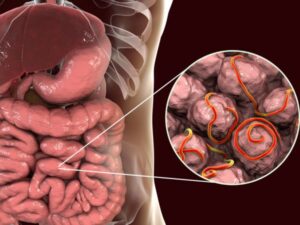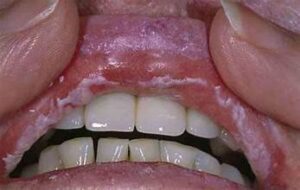Preventing cardiovascular issues
Preventing cardiovascular issues involves maintaining a healthy lifestyle, managing stress, and monitoring your health regularly. Here are some key steps to keep your heart strong and healthy:
1. Maintain a Healthy Diet
-
Eat heart-friendly foods like fruits, vegetables, whole grains, lean proteins, and healthy fats (e.g., olive oil, nuts, and avocados).
-
Limit salt, sugar, and processed foods to prevent high blood pressure and diabetes.
-
Increase fiber intake to help lower cholesterol.
-
Reduce or eliminate trans fats and saturated fats from fried and processed foods.
2. Exercise Regularly
-
Aim for at least 150 minutes of moderate exercise (e.g., walking, swimming) or 75 minutes of vigorous exercise (e.g., running, HIIT) per week.
-
Include strength training at least twice a week.
-
Stay active throughout the day by walking, stretching, and avoiding prolonged sitting.
3. Maintain a Healthy Weight
-
Being overweight increases the risk of heart disease, high blood pressure, and diabetes.
-
Monitor your BMI (Body Mass Index) and waist circumference to keep them in a healthy range.
4. Control Blood Pressure & Cholesterol
-
Get your blood pressure checked regularly (ideal range: 120/80 mmHg or lower).
-
Keep cholesterol levels in check by consuming good fats and reducing fried foods.
-
If needed, take prescribed medication and follow your doctor’s advice.
5. Manage Stress
-
Practice deep breathing exercises, meditation, or prayer to reduce stress.
-
Get enough sleep (7–9 hours per night) to allow your heart to rest and recover.
-
Avoid excessive anger, anxiety, and emotional stress, which can increase heart strain.
6. Avoid Smoking & Limit Alcohol
-
Quit smoking and avoid secondhand smoke.
-
Limit alcohol consumption to no more than 1 drink per day for women, 2 for men (if at all).
7. Stay Hydrated & Avoid Excess Caffeine
-
Drink plenty of water to help blood circulation.
-
Limit caffeine if you have high blood pressure or heart conditions.
8. Monitor & Manage Blood Sugar
-
High blood sugar can damage blood vessels, leading to heart disease.
-
Eat balanced meals, avoid excessive sugar, and check blood sugar levels if you’re at risk of diabetes.
9. Get Regular Check-Ups
-
Have a yearly physical exam to check your heart health.
-
Monitor cholesterol, blood pressure, and blood sugar levels.
-
If you have a family history of heart disease, talk to a doctor about preventive measures.







